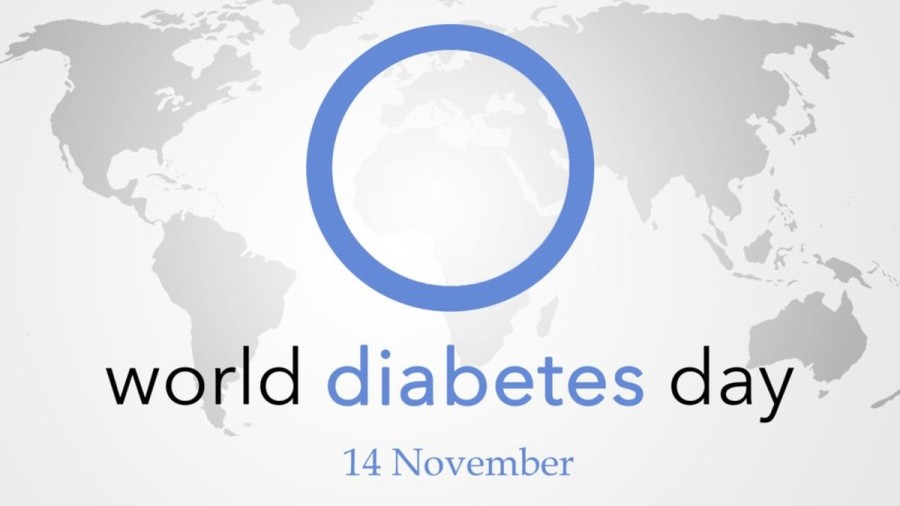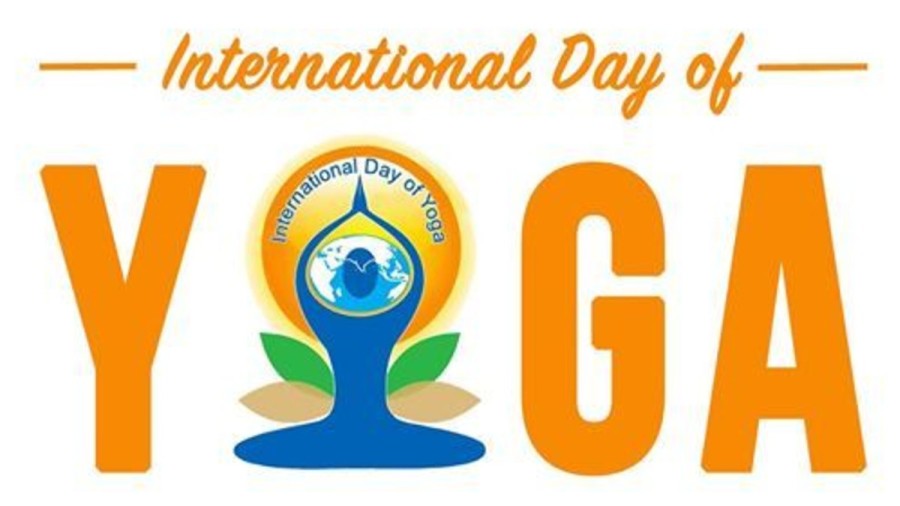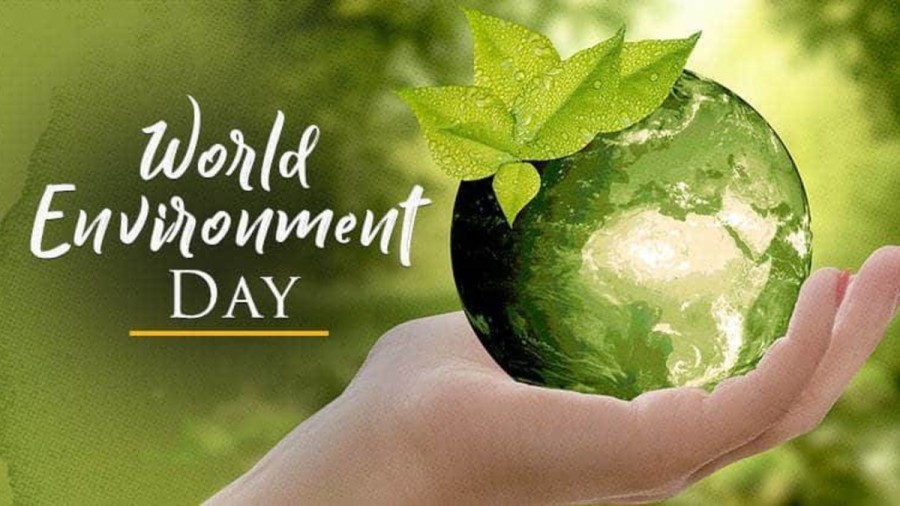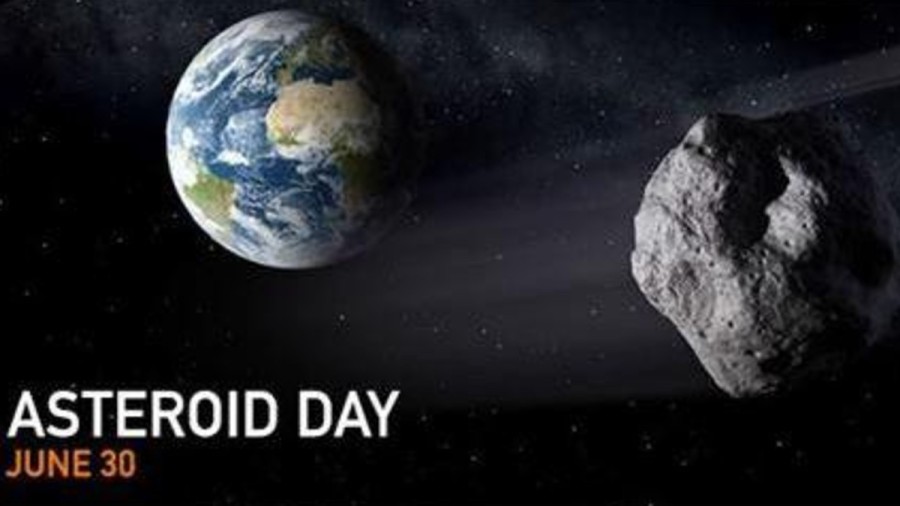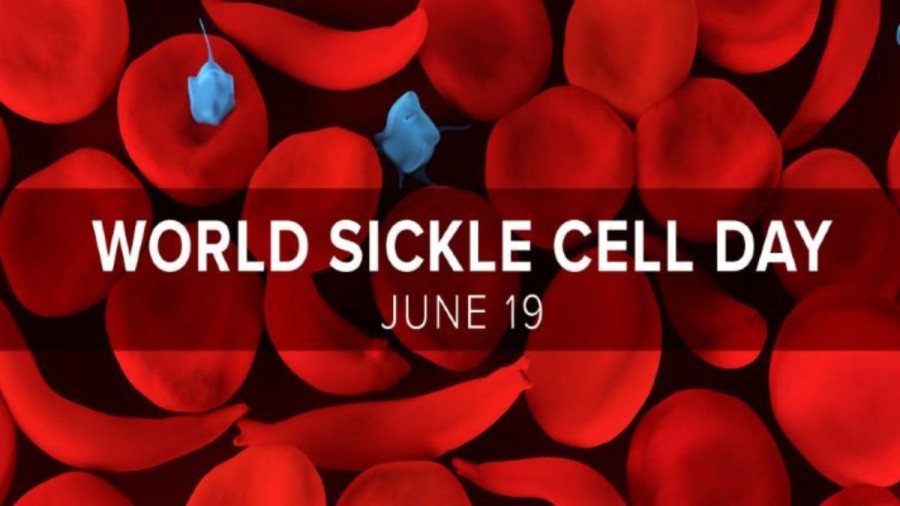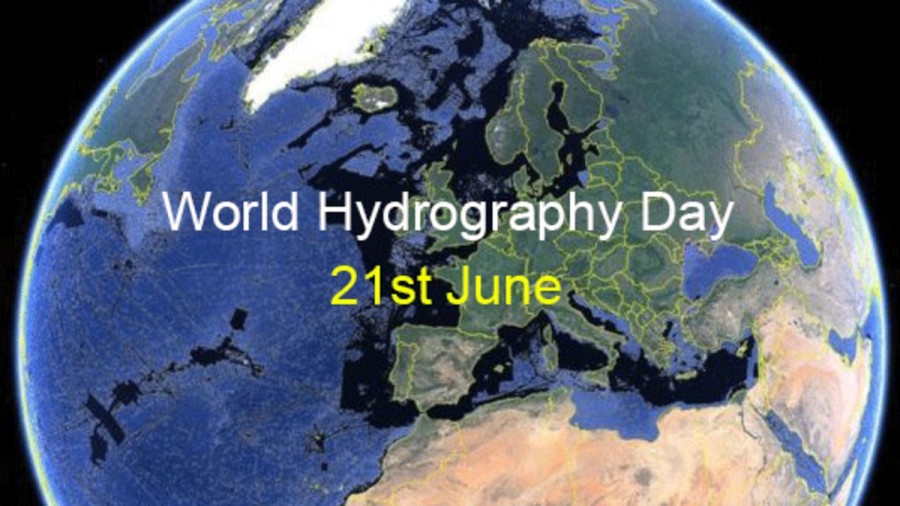World Oceans Day 2020: Important date, History, Theme World Oceans Day Theme, Significance, Facts
World Oceans Day 2020: World Oceans Day is celebrated on June 8 every year. Oceans play an immense role in human life so it's time to conserve and preserve the ocean. Get the information about the theme of World Oceans Day, history, and significance of World Oceans Day 2020.
Updated: Jun 09, 2020 17:50 IST
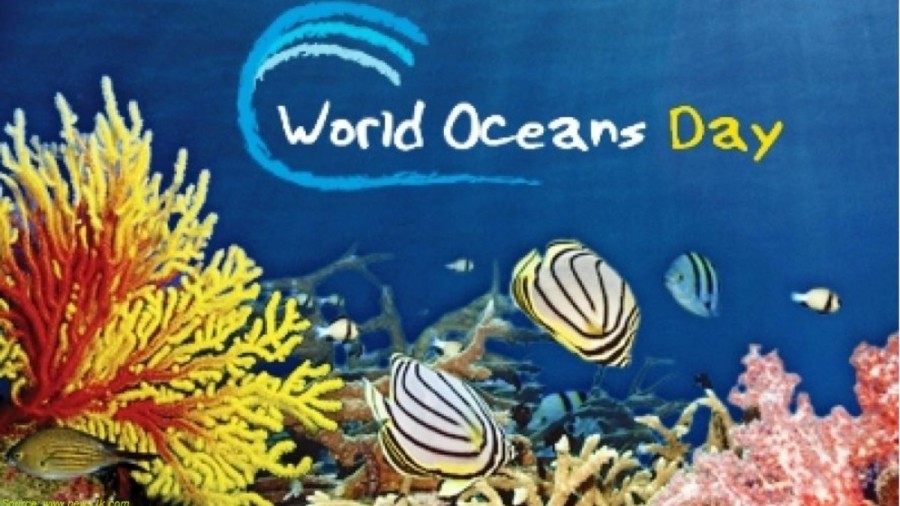
World Oceans Day 2020
World Oceans Day has been globally celebrated on June 8 since 2009 by the United Nations and other international communities. The ocean plays a vital role in the everyday life of humans. Majorly 66% of the world is surrounded by the ocean. Humans get most of the oxygen from the oceans and it also absorbs the carbon. But day by day the life of the ocean is degrading. So, on this World Oceans Day, all should come together to protect the ocean’s health.
Why is World Oceans Day 2020 celebrated?
About 80% of pollution in the ocean is due to mankind. And millions of tonnes of plastics get accumulated every year in the ocean which drastically affects the lives of marine animals and sea birds. This pollution becomes endangered to many species in the water bodies. Apart from these decreasing levels of seawater, contamination of water and extinction of marine species are major threats because over billions of people depend on the marine for their survival. The day is celebrated to create awareness and educate the public about the significance of the ocean.
What is the History of World Oceans Day?
In 1992, Canada's International Centre for Ocean Development and the Ocean Institute of Canada proposed the concept of World Oceans Day at the Earth Summit Conference in Rio de Janeiro, Brazil. On 5 December 2008, UN General Assembly (UNGA) passed resolution 63/111 and designated the observation of World Oceans Day on 8 June. The aim was to create awareness through an observance. Then it was officially established by the United Nations in 2008 to protect and preserve the ocean.
Until 2009, the day was observed with the title “World Ocean Day”, but after the resolution was passed by the United Nations Assembly in late 2008, the day was renamed as “World Oceans Day”. ‘S’ was added as there are five distinct oceans on the earth namely the Pacific Ocean, Atlantic Ocean, Indian Ocean, Arctic Ocean, and the Southern Ocean.
Since 2002, UNESCO's Intergovernmental Oceanographic Commission (IOC) has sponsored the World Ocean Network which acts as building support for ocean awareness events on 8 June. Along with UNESCO, different UN groups work to shield marine and coastal ecosystems to avoid unfavorable impacts.
What is the World Oceans Day 2020 theme?
The theme of World Oceans 2020 is “Innovation for a Sustainable Ocean”. This year the UN partnership with Oceanic Global to celebrate World Oceans Day as a Virtual event. This event will show the various innovations from all over the world and which will lead to new paths for a better ocean and planet.
To mark the celebration of the World Oceans Day, subsequent events will take place throughout World Ocean Week, which is the week of 8 June 2020. Various innovative categories including technology, systems infrastructure, resource management, consumer products, finance and scientific exploration will be explored. The events will outline how these innovations can be applied and transform them into long-lasting solutions.
World Ocean Day 2020 theme is in line with the UN Decade of Ocean Science for Sustainable Development Goals (SDGs), which runs from 2021 to 2030.
What is the significance of Oceans?
Oceans are the lungs of the planet and it holds 97% of the water on the earth which means it is one of the major oxygen suppliers to the earth. Oceans play a vital source of protein to billions of people. It absorbs 30% of carbon dioxide produced by humans which in turn helps to reduce global warming and climate change. It provides a major source of food, medicine, lives for fisheries, trade, economies, etc.
The ocean transports heat from the equator to the poles, regulating the climate and weather patterns in the planets. Oceans provide food and minerals, absorb greenhouse gases (GHG), generate oxygen, and keep climate change in check. Ocean also helps to determine weather patterns and temperatures and serves as highways for sea-borne international trade.
What are the causes of Marine pollution?
The causes of marine pollution are due to the entering of agricultural wastes, industrial wastes litters into the ocean. Nearly, 80% percent of pollution comes from the land. This adversely affects the marine life cycle and species in the water bodies. They are various ways that pollution enters the ocean and some are listed below:
Sewages of households, industries, mining is directly entering the ocean
The toxic chemical substances from industries and agricultural wastes are discharged into the ocean
The ship is the huge source of marine pollution in that oil spills have devastating effects
Ocean mining is another source of pollution which creates sulfide deposits up to three and a half thousand meters down into the ocean while drilling
Plastic pollution is the greatest threat to the ocean. Over 4 to 12 million metric tons are discharged into the ocean every year
What are the effects of Ocean Pollution?
Toxic wastes affect the marine animals which cause cancer, failure in the reproductive system, behavioral changes, and even death
Oil spill disrupts the cycle of coral reefs by covering the surface of the water and prevents sunlight from reaching the plants
Debris accumulated in the ocean for a long period depletes the oxygen level in the water
Industrial and agricultural wastes include various toxic chemicals which adversely affects the reproductive system of sea animals
The whole food chain gets affected by the discharged chemicals which are consumed by small animals and later eaten by large animals
How to prevent Ocean pollution?
Limit the usage of agricultural fertilizers and pesticides by practising organic farming
Reduce the usage of plastic bags, water bottles, cans, and other plastic materials and use the recycle or reusable materials as alternative
Maintain the proper sewage system and use the wastewater treatment options
Reduce the carbon footprint level and follow the eco-friendly lifestyle
Use of biotechnology methods to treat oil spills
World Oceans Day Special Quotes
“Water and air, the two essential fluids on which all life depends, have become global garbage cans." - Jacques Yves Cousteau, Oceanographer.
“The real cure for our environmental problems is to understand that our job is to salvage Mother Nature. We are facing a formidable enemy in this field. It is the hunters... and to convince them to leave their guns on the wall is going to be very difficult." - Jacques Yves Cousteau, Oceanographer
Without water, our planet would be one of the billions of lifeless rocks floating endlessly in the vastness of the inky-black void."- Fabien Cousteau
“The Ocean is a mighty harmonist.” - William Wordsworth
“No water, no life. No blue, no green.” - Sylvia Earle
“We are tied to the ocean. And when we go back to the sea, whether it is to sail or to watch, we are going back from whence we came.” - John F. Kennedy
World Oceans Day 2020 - FAQ
The seven seas and five oceans are Mediterranean, Black Sea, Aegean Sea, Red Sea, Adriatic Sea, Persian Gulf, and Arabian Sea (now Indian ocean).
Seas are commonly smaller and less deep than oceans. An ocean is a widespread and a non-stop body of salty water that shelters nearly 70 percent of the entire earth's surface at the same time as a sea is a big body of saline water that occupies a greater part of the world's surface but is smaller than an ocean.
The warmest ocean in the world is the Indian ocean. Among the 5 oceans on Earth, the Indian Ocean has the highest year-round temperatures by far. Due to three sizes of landmasses, varying surface circulation, and no arctic contact, the Ocean waters remain between 72- 82 degrees Fahrenheit across the upper layer.
The smallest ocean is the Arctic ocean among the world's five oceans. It has a total area of about 5.4 million square miles and it is roughly 1.5 times the size of the United States. The freezing environment provides a home for a variety of creatures.
The theme of World Oceans 2020 is “Innovation for a Sustainable Ocean”. This event will show the various innovations from all over the world and which will lead to new paths for a better ocean and planet.
Pollution in the ocean comes from a variety of sources, such as agricultural wastes, oil pills, ocean mining as well as marine litter. Marine litter is human-created waste such as plastic wastes and industrial wastes, which are disposed of into marine environments. The Global Plastics Alliance is taking measures to reduce the amount of plastic marine litter from entering the ocean.
